Biden issues long-overdue apology for US policy on forced Native American assimilation
Investigation reveals painful legacy of abuse, reporting at least 973 Indigenous children's deaths at boarding schools
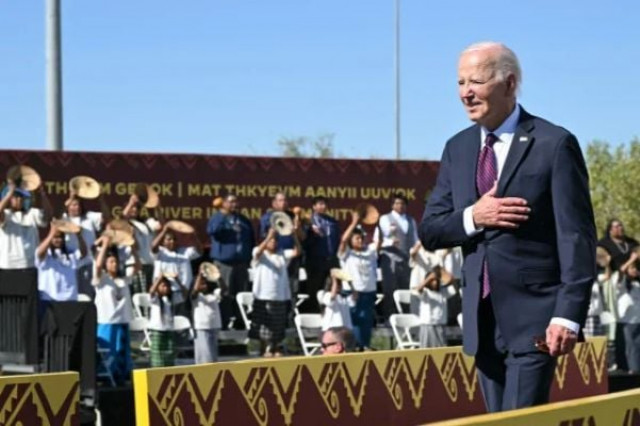
President Joe Biden issued a formal apology Friday for the long-standing US policy that forcibly separated Indigenous children from their families for over 150 years, sending them to boarding schools for assimilation. Speaking on tribal land at the Gila River Indian Reservation, Biden stated, “I formally apologize as president of the United States of America for what we did. It’s long overdue.”
This historic apology follows a detailed investigation led by Interior Secretary Deb Haaland, the first Native American to serve as a US Cabinet secretary. Haaland, a member of the Pueblo of Laguna, has personal ties to the policy, as her grandparents were among those separated. In her remarks, Haaland highlighted the resilience of Native communities: “The federal government failed. It failed to violate our languages, our traditions, our life ways. It failed to destroy us because we persevered.”
The investigation revealed a painful legacy of abuse and neglect, reporting at least 973 deaths of Indigenous children who attended these boarding schools, though Biden acknowledged that the true number is likely “much, much higher.” The probe identified 417 such institutions across 37 states or territories operating from 1819 to at least 1969, with many Indigenous children suffering physical, sexual, and emotional abuse. Additionally, 74 burial sites—both marked and unmarked—were found at 65 school locations.
The president’s apology comes over two years after Pope Francis made a similar apology on behalf of the Catholic Church for its role in similar practices in Canada, where over 150,000 Indigenous children attended residential schools.
For some, like Alex White Plume, former president of the Oglala Sioux Tribe, Biden’s apology fell short. White Plume, who attended two boarding schools in South Dakota, told NBC News, “I don’t really see any way where we could accept it, because it doesn’t change anything.” He argued that an apology should include practical steps toward restitution, such as reclaiming territories essential for preserving Indigenous language and culture.
Cecelia Fire Thunder, the first female president of the Oglala Sioux Tribe, who attended Holy Rosary Mission School (now Red Cloud Indian School) in South Dakota with her sisters, described an apology as a potential catalyst for healing. “An apology should open the door for people to ask, ‘What happened?’ It should open the door not just for Native people, but for all of America, because they don’t know,” she said.
“There is no word for forgiveness in our language,” Fire Thunder added. “The pain is still there.”
Efforts to uncover more of this history continue, led by specialists like Marsha Small, a 65-year-old expert in ground-penetrating radar who helped search for unmarked graves of children who died while attending the Red Cloud Indian School.


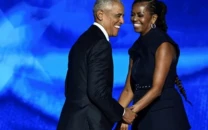
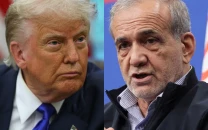
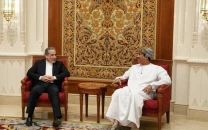
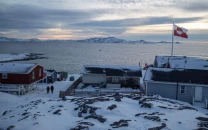
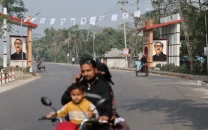












COMMENTS
Comments are moderated and generally will be posted if they are on-topic and not abusive.
For more information, please see our Comments FAQ